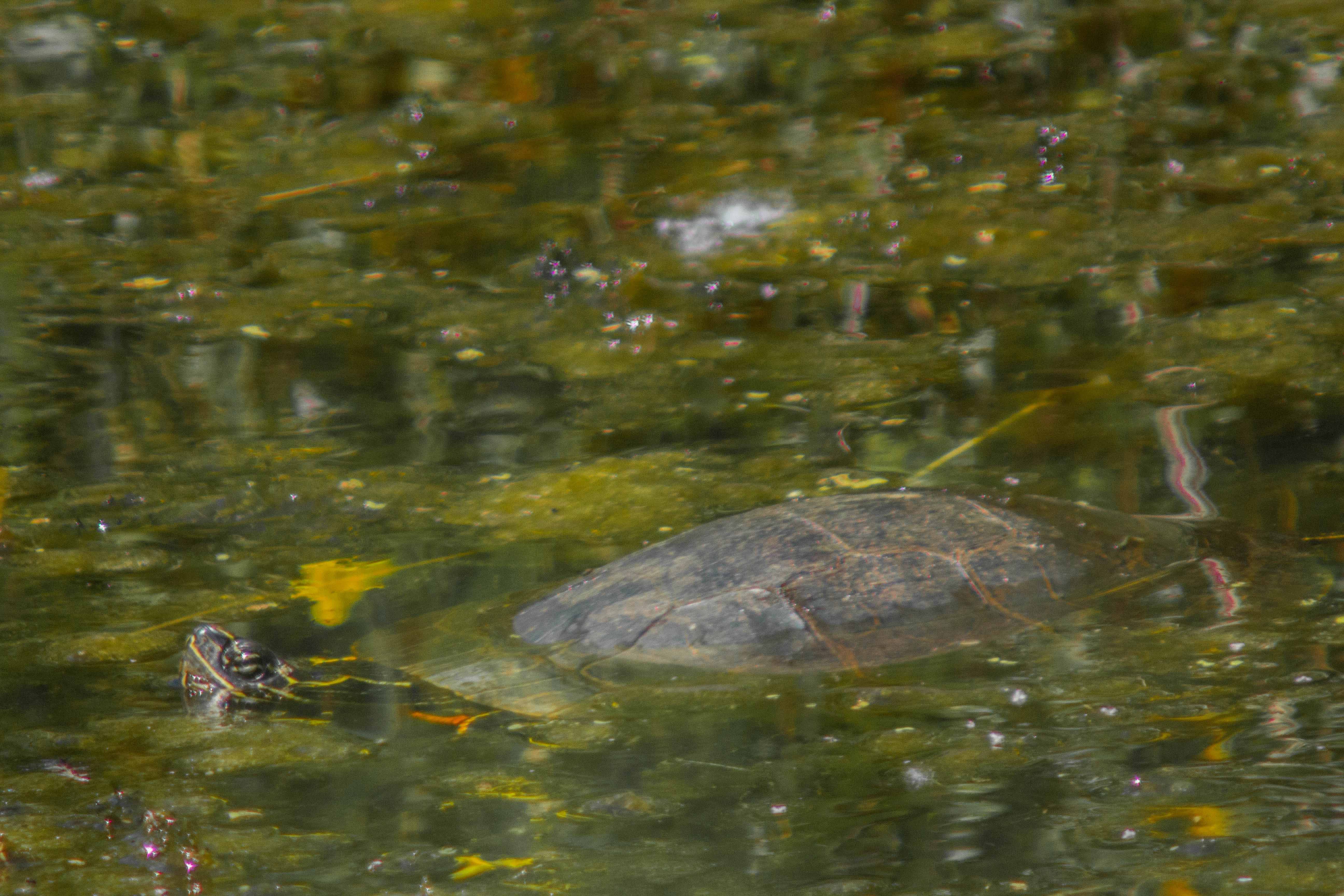
What You Should Know About Turtles


Turtles in the Classroom
Learn more
Boating and Angling Impacts
Learn moreTurtles as Pets
- It’s illegal to capture, hold or move native turtles. There are also many non-native turtles that are illegal to own.
- Turtles carry salmonella and other diseases that can make you sick.
- It is extremely difficult to provide adequately for their needs and they are likely to become ill in captivity.
- They need to be in the wild where they can find mates and have babies!
- Already have a pet turtle? Whatever you do, don’t turn it loose! Not only could it spread disease to native turtles, releasing pet turtles into the wild is illegal. Instead, call your local Oregon Department of Fish and Wildlife office and ask for help.
Turtles in the Classroom
We are sometimes contacted by teachers who want turtles as classroom pets, and we urge them to reconsider because:
- It is beneficial for children to learn that wild animals are not pets - having a turtle in the classroom may send the wrong message.
- And please, please, don’t release classroom turtles into the wild at the end of the school year. Instead, contact your local Oregon Department of Fish and Wildlife office and ask what to do.
- For more information, see Turtles as Pets, above.
How Boating and Angling Impact Turtles
- Turtles can be attracted to fish bait. If you inadvertently catch a turtle, here’s how to remove the hook: use caution when removing the hook, turtles can bite! Also beware of sharp turtle claws and the hook itself. Crimp the hook barb (if present) with needle-nosed pliers. Grasp the hook with pliers and gently remove it from the turtle by pushing the hook back the way it went in. If the hook is embedded without the point visible, finish pushing it through, cut or crimp the barb, and then back the hook out the way it went in. It is helpful to have one person hold the turtle while another person removes the hook.
- Turtles need to bask to accomplish basic metabolic functions such as digestion, growth and egg formation. Boaters and kayakers sometimes get too close to turtles and interrupt basking. Non-motorized boats should stay at least 75 feet away from basking turtles, and motorized vessels even farther.
- If you manage a pond or lake where people fish, please download our Guidance For Conserving Oregon’s Native Turtles and refer to pages 65 and 66 for information on how to minimize angler/turtle conflicts.
